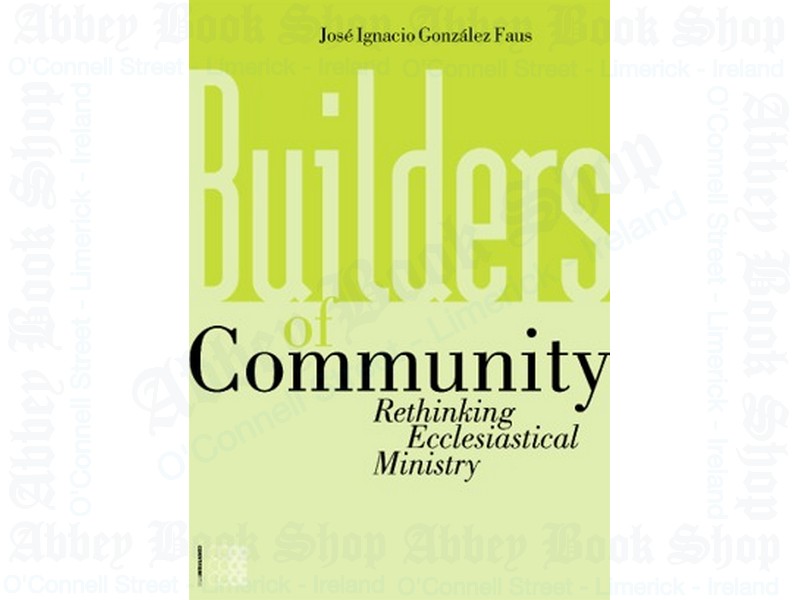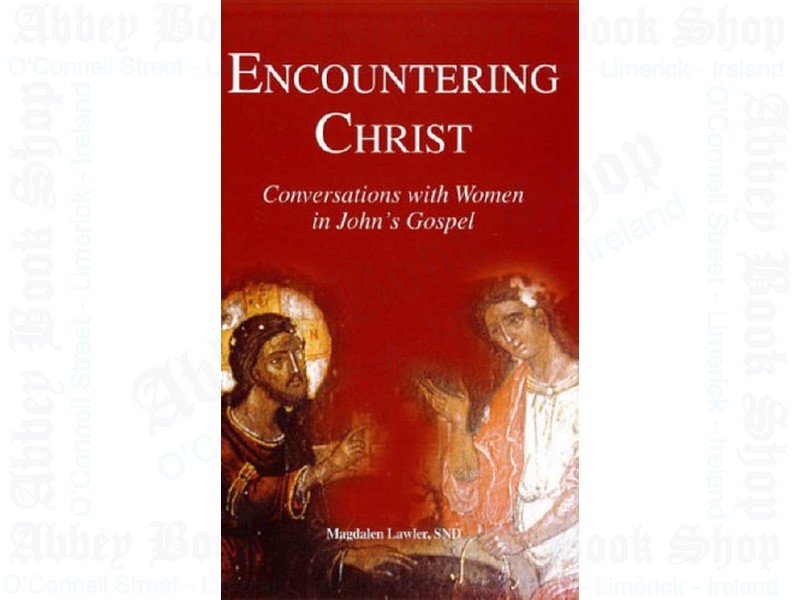Description
Over the centuries, the crisis in ordained ministry has not been exclusively about the problem of celibacy, even though that is important, and this book certainly includes a reflection about it. The crisis is, above all, a crisis of identity due to the progressive disfiguring of the sense of the mission which Christ left to his apostles and which made of the early church as well as the later church an essentially missionary institution. For this reason, J.I. Gonzalez Faus insists in these pages that all ministry, and specifically the ordained ministry, must express this same missionary spirit in order to avoid a relapse into pre-Christian religious beliefs, such as the belief in «sacred mediators» that threaten the exclusivity of Christ’s mediation, as it is ascertained in the New Testament.
A careful review of the Church’s history, however, shows a structuring of the ordained ministry influenced by a progressive privileging of the clergy within the Church, which, as the author explains, must be overcome today by substituting the binomy of lay-clergymen with the model of community-ministries. The second letter to the Corinthians offers us the gift of a «spirituality of surrender» ideally suited for this task.
It is exceedingly possible that the Church might be reaching what has been called «the time of the laity», and yet it is also possible that we might pass through this time in a sterile way, not because of not having known of its arrival, or what it was about, but because of not having understood the specificity of the ordained ministry and that of other ministries within Christian communities.
The reader of this book will find a profound examination and revision of the missionary caritas as the fundamental spark of the ministry’s Christology, of the ministry’s biblical theology, and of the configuration of that same ministry through the whole of its history.
“Here is a bracing prophetic and biblically rooted vision of reform for the church worth reading. González Faus, a Catholic scholar who may be less well known in the United States than he is in Latin America and Spain, is professor of theology and director of the Centro de Estudios Cristianismo y Justicia in Barcelona. This volume is a thought-provoking manifesto on the kind of ecclesial ministry needed for today’s church. González Faus bases his analysis on the Scriptures, contrasting the notion and practice of priesthood in the Old Testament with the meaning of “priesthood” as defined by the life and ministry of Jesus and the example he left to the church. In this light González Faus challenges the present clerical culture found in the church and calls for a “de-clericalization” for the sake of the mission entrusted to the Christian community by Jesus. Though hampered a bit by a translation that still bears the marks of the original Spanish, this is not boring reading!..”
Donald Senior, CP
General Editor of The Bible Today
Past President of the Association of Theological Schools of the United States and Canada.
José Ignacio González Faus was born in Valencia, Spain, in 1935. He has a PhD in Theology from Innsbruck and is currently Professor of Theology and Director of the Centro de Estudios (Cristianismo y Justicia) in Barcelona. His numerous published works include La huma – nidad nueva: Ensayode cristología(1974), Acceso a Jesús (1979), El proyecto hermano: Visión creyente del hombre (1989), Ningún obispo impuesto (1992) and Where the Spirit Breathes: Prophetic Dissent in the Church (1989).





Reviews
There are no reviews yet.